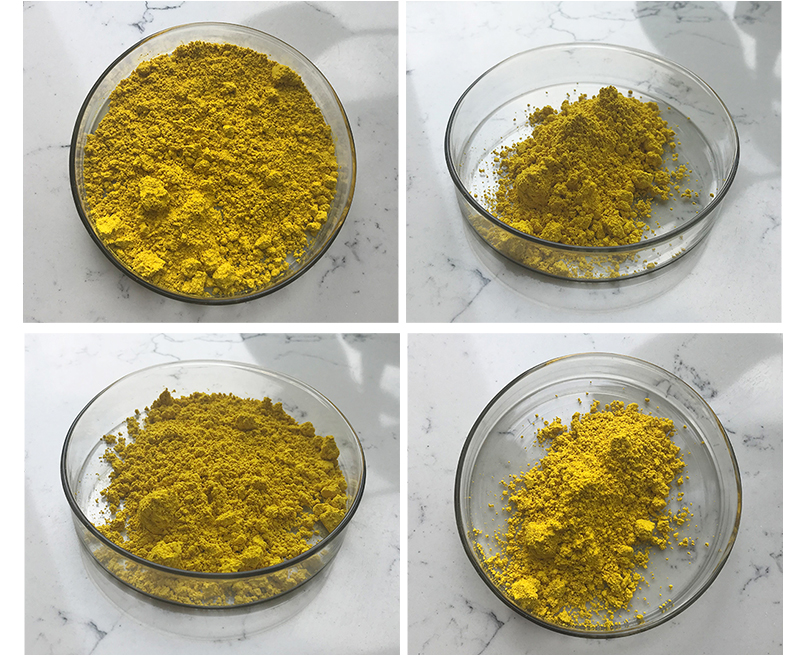Berberine HCL is a compound extracted from various plants and has garnered attention for its potential benefits in managing type 2 diabetes. Here are some key points about its use:
- Mechanism of Action: Berberine HCL may help lower blood sugar levels by improving insulin sensitivity and reducing glucose production in the liver. It can also enhance glycolysis, which helps the body use sugar more effectively.
- Clinical Studies: Some studies have shown that berberine can significantly reduce fasting blood glucose levels and improve HbA1c (a measure of long-term blood sugar levels). It has been compared to traditional diabetes medications, showing comparable effects in some cases.
- Dosage: Common dosages range from 500 mg to 1500 mg per day, often divided into multiple doses. It’s important to start with a lower dose to assess tolerance.
- Safety and Side Effects: Berberine HCL is generally considered safe for most people when used appropriately, but it can cause gastrointestinal side effects like diarrhea, constipation, and stomach upset. It may also interact with certain medications, so consulting a healthcare provider before starting is advisable.
- Combination Therapy: Some studies suggest that berberine may be more effective when combined with lifestyle changes (diet and exercise) or other diabetes medications.

If you’re considering berberine for managing type 2 diabetes, it’s best to consult with a healthcare professional for personalized advice and monitoring.
Modern pharmacological study of Berberine HCL
Berberine Hcl is a bioactive compound derived from several plants, including Berberis species. It has garnered attention in modern pharmacological studies for various potential health benefits. Here’s a brief overview of its key pharmacological aspects:
Mechanisms of Action
- AMPK Activation: Berberine hcl is known to activate AMP-activated protein kinase (AMPK), which plays a crucial role in cellular energy homeostasis. This activation can help regulate glucose and lipid metabolism.
- Antimicrobial Activity: Berberine exhibits broad-spectrum antimicrobial properties against bacteria, fungi, and protozoa. It disrupts microbial cell membrane integrity and inhibits various metabolic pathways.
- Anti-inflammatory Effects: Berberine hcl has demonstrated the ability to reduce inflammation through inhibition of pro-inflammatory cytokines and pathways, such as NF-kB.
- Antidiabetic Effects: Research indicates that berberine hcl can help lower blood glucose levels and improve insulin sensitivity, making it a potential adjunct therapy for managing type 2 diabetes.
- Lipid Regulation: It has been shown to lower cholesterol levels and improve lipid profiles, which may contribute to cardiovascular health.
Clinical Applications
Type 2 Diabetes: Some studies suggest that berberine hcl can be as effective as metformin in reducing blood sugar levels.
Hyperlipidemia: It has been used to lower LDL cholesterol and triglycerides.
Obesity: Research indicates potential weight loss benefits through modulation of metabolism and fat accumulation.

Safety and Side Effects
While berberine hcl is generally considered safe, it can cause gastrointestinal disturbances (like diarrhea or constipation) in some individuals. Its effects on pregnant or breastfeeding women have not been extensively studied, so caution is advised.
Dosage and Administration
Typical dosages range from 500 mg to 1500 mg per day, often divided into multiple doses. It’s important for individuals to consult healthcare providers for personalized recommendations.
Conclusion
Ongoing research continues to explore the full therapeutic potential of Berberine Hcl, particularly in metabolic disorders and other chronic conditions. Its multifaceted actions make it a compelling candidate for integrative medicine approaches.
